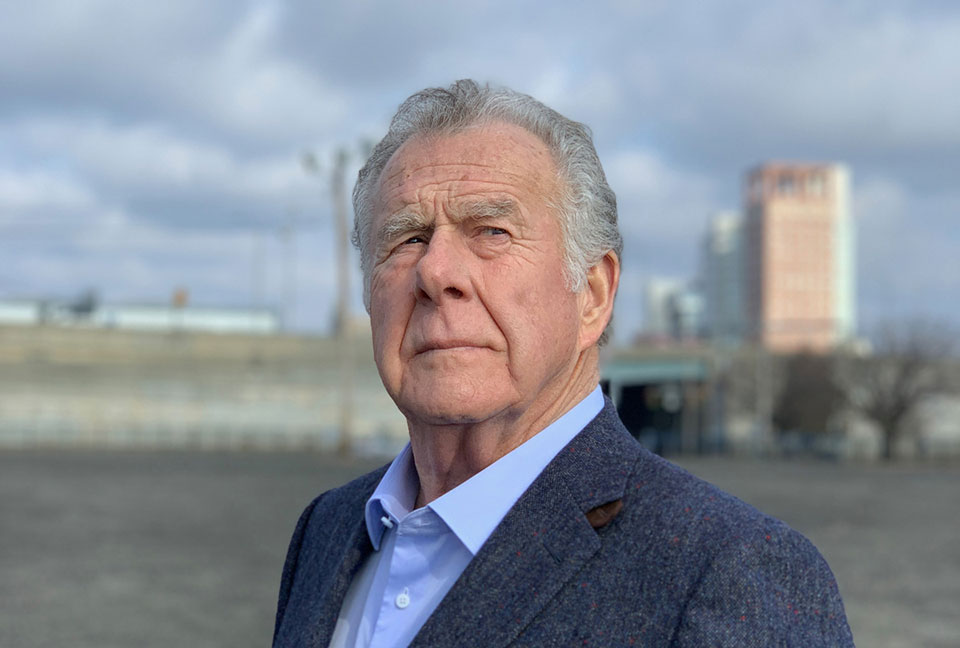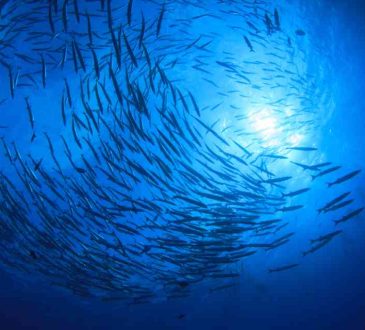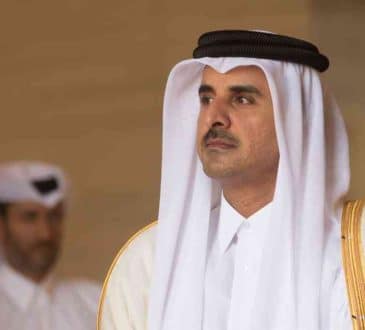The Components Of Critical Thinking

What is critical thinking, and why is it an essential skill?
Critical thinking provides us with the tools to analyze information so that we can harness the greatest amount of knowledge – and thus give ourselves the best chances of making smart decisions. Critical thinking leads us to become more rational and disciplined thinkers. It helps us focus on what is important so that we can set our goals higher and achieve them faster. It helps reduce prejudice, which provides us with a better understanding of our environment.
We live in a knowledge-based society. The amount of data that is available via the Internet at any given moment is almost unfathomable. Our job is to filter and process that data as best we can, to distinguish between what is helpful and what is junk, and to use meaningful data to help us succeed, whether it be for leading our companies, plotting our career paths, improving our health, deepening our relationships, or benefiting our community and our country.
One of the best examples of putting critical thinking to good use, of course, is with COVID-19 and the vaccine. Online, on social media, everyone can be a self-proclaimed “expert.” Depending on what we read and listen to, we can be bombarded with conflicting statements and questionable “facts.” It’s up to us to sift through this information to find underlying truth.
The goal of this series of articles on critical thinking is to provide readers with the skills to identify and evaluate information that is real and discard information that is not real. In doing so, we can be more productive in our professions. We can make better decisions in our everyday lives. We can become better members of our families and communities.
Whatever our education level, these thinking skills can and should be learned and practiced. Some of the skills that we will discuss in this series include utilizing non-linear thinking; applying logic; evaluating information using critical thinking skills; revising our perspective; learning from mistakes; honing our problem-solving abilities, and much more.
We also will touch on the value of open mindedness. Open mindedness is the gateway through which we learn. If we are not open to receiving and processing new information, new perspectives, and new opinions, how are we to grow beyond what’s already stored in our systems? Of course, we all recognize that having an open mind is easier said than done. This is due to the built-in biases we already have that prevent us from learning. We must caution against allowing pre-conceived notions that can constrain or inhibit reflections and judgements on newly presented information.
Again, the example of the coronavirus vaccine is apt: If we believe the government is implanting microchips via the shot, or that herd immunity is achievable and preferable to vaccination, or that vaccines cause autism – all of these preconceived and perhaps misguided beliefs may prevent us from absorbing true facts and making wise decisions.
The pandemic is far from the only topic to which we should apply our best critical thinking skills. We need to question ideas and assumptions about a whole host of issues, rather than accepting what is presented at face value. The state of our nation is in peril. Our economy is unstable. Many of us are fearful about returning to work. At the same time, we have concerns about the millions of Americans who are receiving unemployment benefits, and how the workforce has morphed. We are concerned about the leadership of the country and the direction of our political structure. Foreign policy and geopolitical events, such as those in Afghanistan, play a critical role in our society, even if they are happening on the other side of the world. These issues, and more, require our most careful analyses.
In the upcoming installments of this series, we will learn how to analyze available data. And, we will practice asking ourselves a number of critical questions before making any serious decisions, including these four basics:
- Is it good for my country?
- Is it good for my family?
- Is it good for my career?
- Is it good for my business?
When we build our critical thinking model on a foundation of solid questions, we pave the way to creating a guide for our beliefs… and consequently to the best plan of action.
CRITICAL THINKING SERIES: In this brand-new series of columns, CEO and bestselling author Dr. Jim White presents a look at how critical thinking can lead directly to achieving greater success in the business world and beyond. Part One introduces the components of critical thought.
Bring the best of the CEOWORLD magazine's global journalism to audiences in the United States and around the world. - Add CEOWORLD magazine to your Google News feed.
Follow CEOWORLD magazine headlines on: Google News, LinkedIn, Twitter, and Facebook.
Copyright 2025 The CEOWORLD magazine. All rights reserved. This material (and any extract from it) must not be copied, redistributed or placed on any website, without CEOWORLD magazine' prior written consent. For media queries, please contact: info@ceoworld.biz








